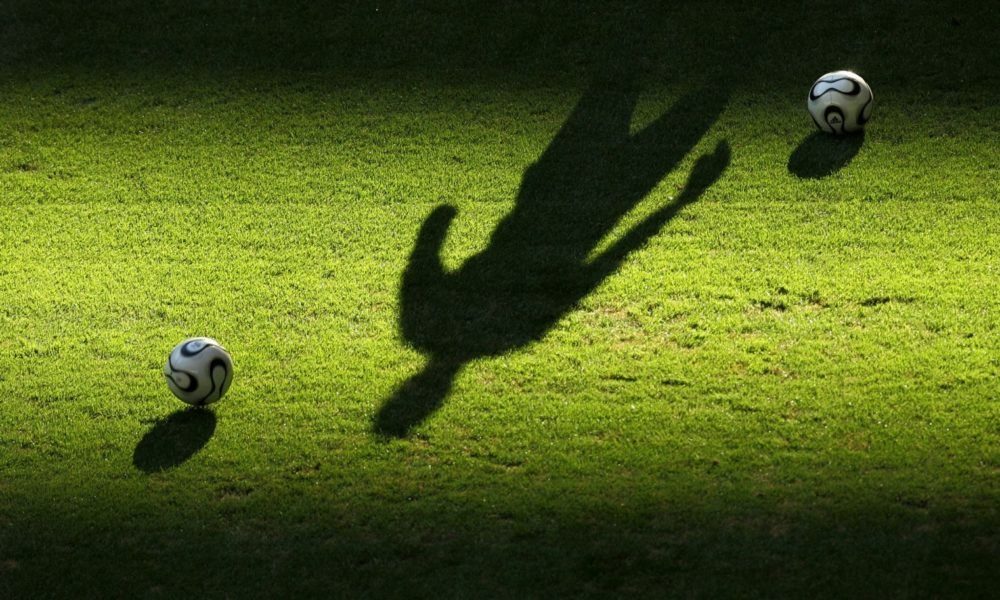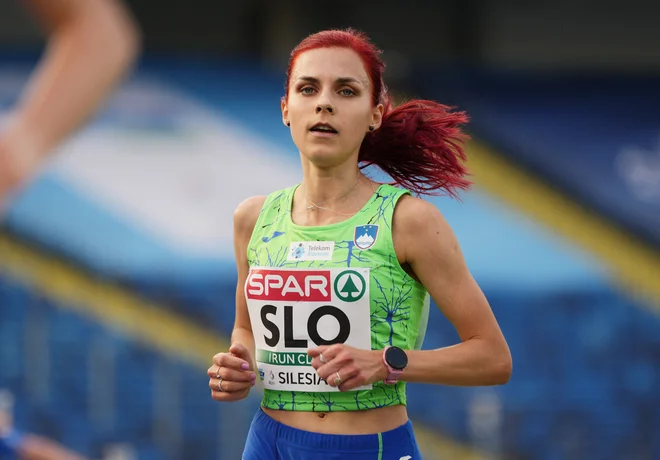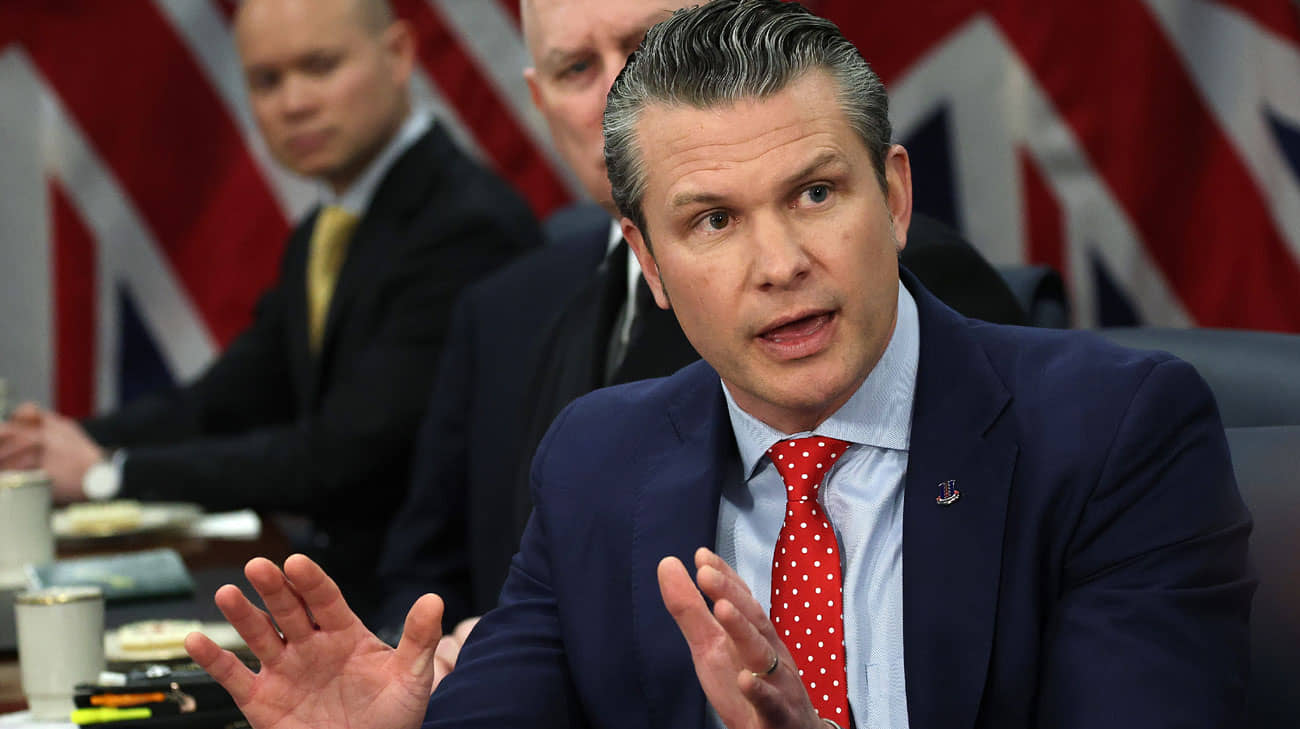Jewish Social Work: ‘Since October 7, Dutch Jews have been feeling unsafe’
:format(webp)/s3/static.nrc.nl/bvhw/files/2024/11/data124259652-2d925a.jpg)
There is something off the heat, « says Margo Weerts. » But it didn’t get any less bad, « says Esti Cohen. Weerts (61) and Cohen (61) are affiliated with Jewish Social Work (JMW), an institution founded in 1946 with forty employees, « for everyone with a Jewish background and partners ». Weerts became director four years ago, Cohen will soon enter its 27th year as a social worker, in recent years as a cooperating team leader of the help and services department.
They are at the same meeting table in their office in Amsterdam-Buitenveldert as half a year ago, when we spoke to them for the first time. That was in the hectic pace after the riots of 8 November, where Israeli supporters of Maccabi Tel Aviv were hunted and mistreated after a competition in the Europa League. Then a shock wave went through the Jewish community in the Netherlands. Weerts and Cohen felt overwhelmed by the many extra registrations for help and assistance. Normally, they said, they received five or six requests a week. Suddenly there were eleven or twelve. Usually, the elderly approaches JMW, Jews who have experienced the war, and their children, after November 8, also ask people aged 25 or 30 their help.
Read also
Jewish community in the Netherlands excited by increasing hostility. « Does every generation have to experience this? »
The crowd has since fallen slightly, the feelings of fear and uncertainty are not, they say now. « If ‘nothing’ happens for a moment, you will see the emotions dampen. But there is always a bottom of unsafe feeling and there is only something to happen or it flares up again, » says Cohen.
Last week Jom Hasjoa, the day Jews around the world commemorate the persecution by the Nazis. « I go there with my mother every year, » says Cohen. « This year she said, » I don’t dare. « While Jom Hasjoa is one of the most important days for my mother. That makes me very sad. »
« There is a lot of security, » she said. But her mother stood firm. « She is almost 88, was a child in the war, she belongs to the group that is still alive. »
What was her mother afraid of, an attack?
Cohen: « Not knowing what can happen. That things are being called, that the memorial is soiled by a sitting demonstration or Palestinian flags. »
Weerts: « Last year at Jom Hasjoa, student protests for Palestine walked out of hand at the nearby university. That brings up nasty memories. »
That Esti Cohen’s mother did not go this year, was that together with the riots of 8 November?
Cohen: « Since Hamas’ attack on October 7, 2023, and the riots of November 8, my mother feels pretty unsafe. Her fear of fear can be traced back to the Second World War. But she can hardly separate it from what happened after 7 October. »
Is it a real fear?
Cohen: « For my mother. It is not unthinkable. »
Ambient anti -Semitism
When we asked in the first conversation, after the riots in Amsterdam, whether the fear of Dutch Jews was real, Stew Esti Cohen. She thought it was « a reproachful question. » Margo Weerts then gave the example of a client who has always left the TV or music since 7 October at night, « because she can no longer be alone with her thoughts. Is that woman threatened in her own house? No. But the fear has crept into it. You get paralyzed. That is real. »
They now explain that this is called ‘ambient anti -Semitism’. Cohen: « If people have not experienced anything bad, but still feel that anti -Semitism is increasing. That is mainly because of everything that happens in the environment, what is told on the news and very much by what is written on social media. »
Cohen gives an example. She had broken her foot. She had to go to work with the Uber. Many taxi drivers are of Moroccan descent, and want to have a chat, is her experience. What do you say and what not? What kind of work you do? Why do you work? « I am constantly considering what I’m going to tell. » She is not afraid that a taxi driver threatens her physically. « But he will say nasty things. That there is a difference of opinion. » She refuses to hide herself. « My pride always overcomes. »
She wanted the same thing from her clients for a long time. Especially with Jews from the second generation, she sometimes had the feeling that she had to perform resolutely. « Clients who don’t get ahead, who just complain and spoke, behave as a victim. » I don’t dare to say that I am Jewish. I don’t dare Magen David (Davidster) to wear. I don’t share anything with my children and grandchildren about the war. » I think that is denied who you are. I have said to people like that that they should not behave like it is still war. «
Today it is more realistic to hide than three years ago
But she doesn’t make that comment anymore. Since October 7, she has noticed that the fear of a war of eighty years ago made way for a fear that results from more recent events. They were « busy with that second generation, » says Cohen. « He felt more mentally more resilient. But today it is more realistic to hide than three years ago. In their feeling it is as if their parents say: I Told you sothat it would come back again. And I have no answer to that. ”
Did she ever have unpleasant experiences in an Amsterdam taxi?
Cohen: « I came in a taxi with a Muslim who asked if I was a Christian. » No, I believe something else. » « Oh, what do you believe in? » « I’m Jewish. » He was ‘nice’, he cried. No, I have never actually experienced bad things. «
That is stuck with her open attitude, says Cohen. « If I stand in front of a buffet and there are shrimp, I say very consciously that I don’t eat it. » Oh, why not? « Because it’s not kosher. » There is also an element of Kom-Maar-Op. «
Pro-Palestina, Pro-Israel
Cohens daughter-in-law calls himself Pro-Palestina. « Then I say to her, » Okay, what do you mean by that? » « I find it very terrible, » says my daughter-in-law. She: « Yes, I think that’s terrible too. » At the end she said, « I never thought about it that way. » Then I have achieved something, but at the same time they tell things that I think is something again. ”
I also find it inhuman what happens, but I am not responsible for it
And when her daughter -in -law says how bad it is that in that very small area the Palestinians are bombed and starved?
Cohen: « I understand that she says that. I think so too. I think it is inhumane what happens. But I am not responsible for it. And yet I am addressed, not only by her. If people ask me ‘what do you think of it’, there may already be a judgment. »
Her Israeli friends look very differently at the war than she is. « I think that the release of the hostages is now a good price tag. But I don’t have to say that to my girlfriends. Then I lose Israel. If you are not in favor, you are against. I will miss the nuance.
Survival stand
For employees it is increasingly difficult to separate work and private life.
Cohen: « It doesn’t stop, do you? If you hear difficult stories at work, you can say: at home, work is work. You are a professional for that. But this conflict … At home you are also talking about it. How do you deal with the children or what happens at school? Our employees are emotionally burdened in survival stand. »
Weerts: « They are very driven. Start working even harder from the weather. There is a psychologist in our building, with whom employees can speak if they are very difficult. »
Cohen: « Sometimes clients say things about the Gaza war in their emotion, that I really don’t know what to answer anymore. We have to give the space to say anything and everything. But some social workers can no longer afford that. They are going to question their clients: » What are you actually? «
In the aftermath of the riots, the cabinet has taken a package of measures against anti -Semitism. Does that help their clients? For the first time they stop. Are they looking at each other with something of spot?
Weerts: “No, sorry, that is not helping yet. It would be an illusion to expect that. Last week Mayor Halsema of Amsterdam apologized for the bad role that the municipality played in the Second World War. We then say: It is never too late to take responsibility, good that it will be expressed for the time of the now. Holocaust Museum or on Dam Square.
Is it experienced as hypocritical, those apologies?
Weerts: « By some. Because they feel that war is back now. »
Cohen: « The sense of security is not getting any better. »
In addition to the apologies, the municipality has also promised money for ‘the anchoring and visibility of Jewish life in the city’. This is requested from Jewish institutions on this. Also to JMW?
Weerts: « Of course. This month I have an appointment at the town hall. »
How can the JMW advice read?
Weerts: « We want to prevent even more people from hiding their Jewish identity. We want them to be able to lead their Jewish life in a proud, happy, cheerful way. »
Do Jews want that, be more visible?
Cohen: « I think the majority of the Jewish community wants to be visible, yes. If we let it go like this, we would have again with the same problems in thirty years. It would be nice if there was a balance between being on your care and yet open. That Jews can experience: not all Muslims are wrong. »
Weerts: « But in the meantime we see that Jews are crawling together. We now receive many more requests for group discussions. The number of members of the Liberal Jewish congregation has grown enormously. October 7 has given a huge boost to it. Jews only feel safe with other Jews. »
Cohen: « You also see many parents who have done their children from public education to the Jewish school. They explodes that school. People want to be together in that bubble. »
Weerts: « Self -elected isolation. That is not a healthy development. »
Read also
The deep roots of anti -Semitism

:format(webp)/s3/static.nrc.nl/bvhw/files/2025/02/data128002436-90f166.jpg)

/s3/static.nrc.nl/wp-content/uploads/2025/05/01162835/data131622322-f134ef.jpg)
/s3/static.nrc.nl/images/gn4/stripped/data131579668-cc6a8d.jpg)




